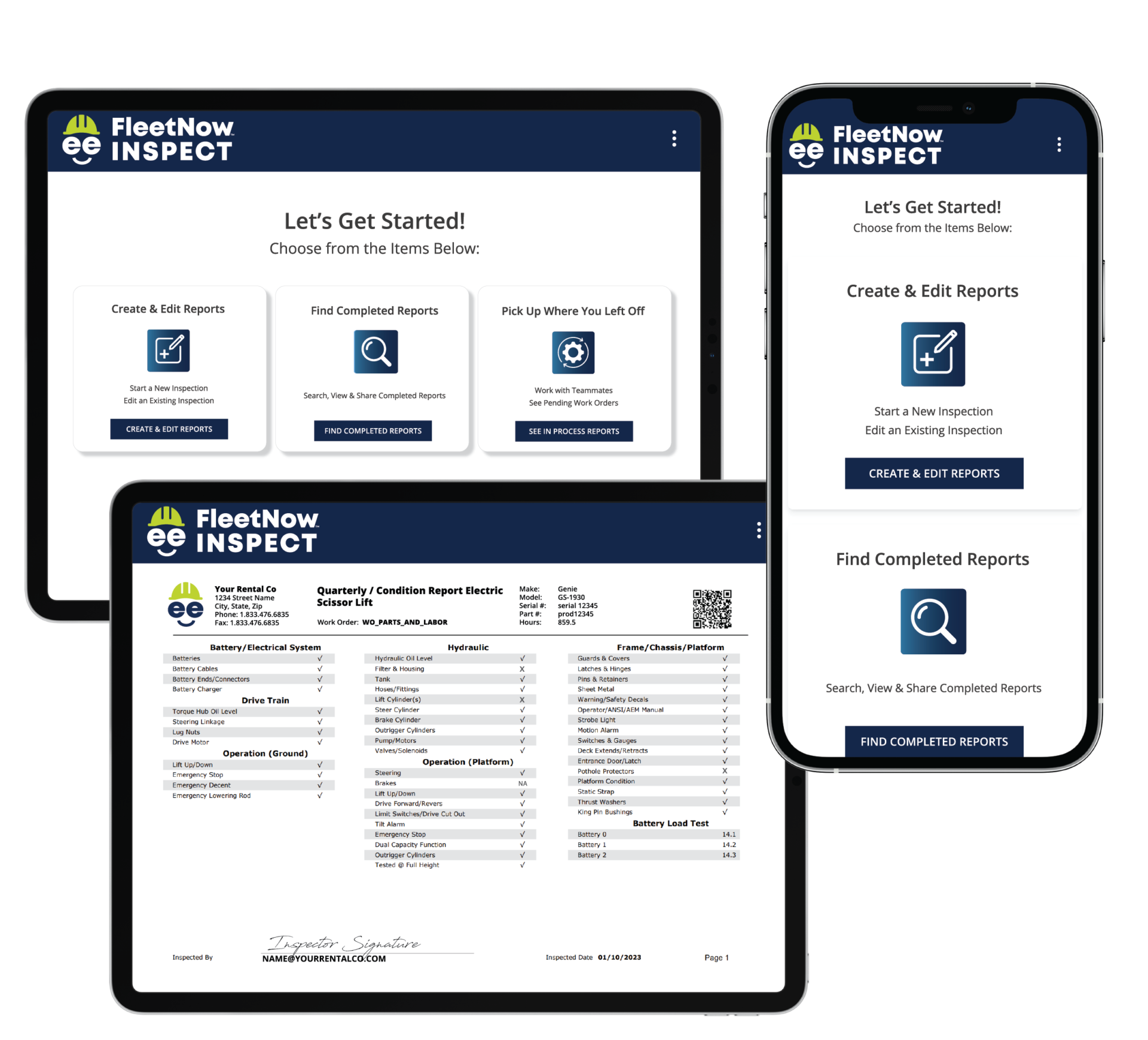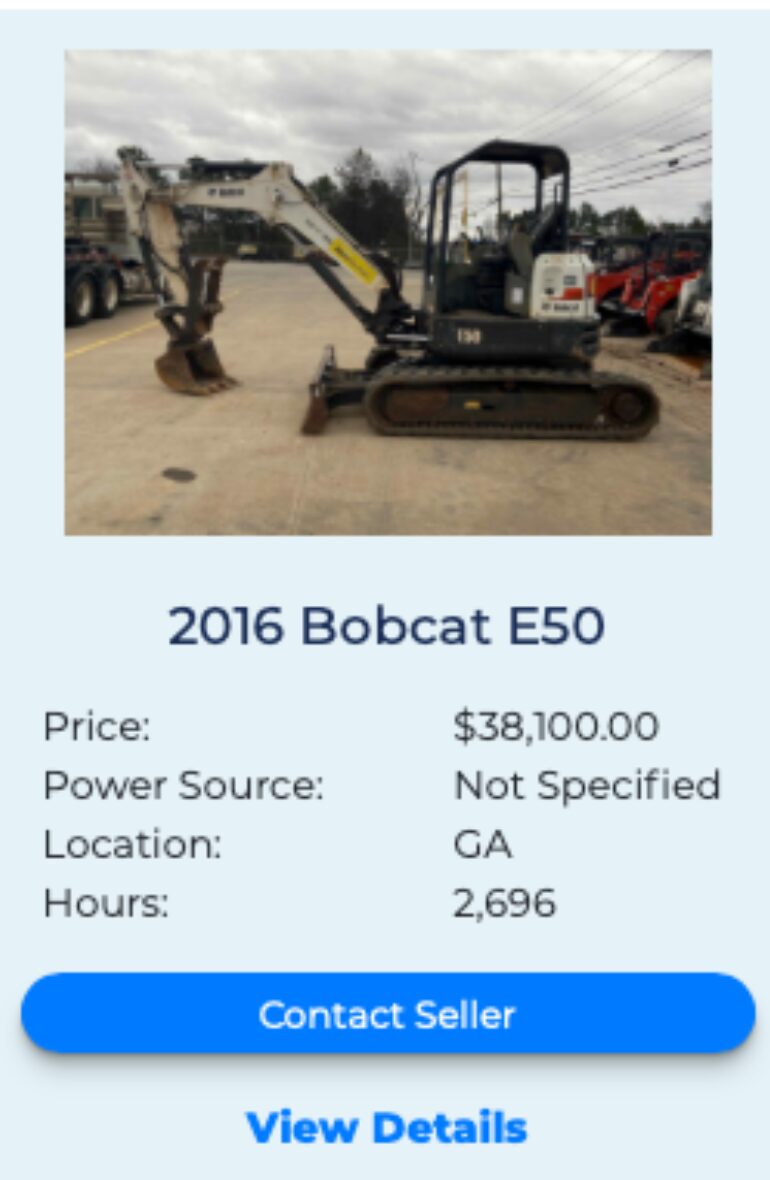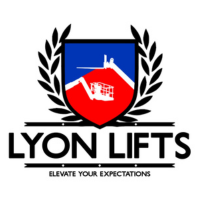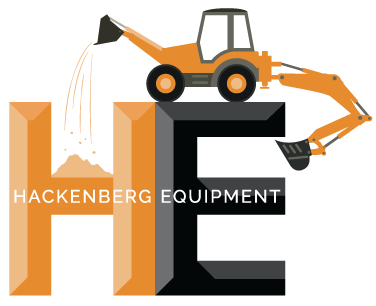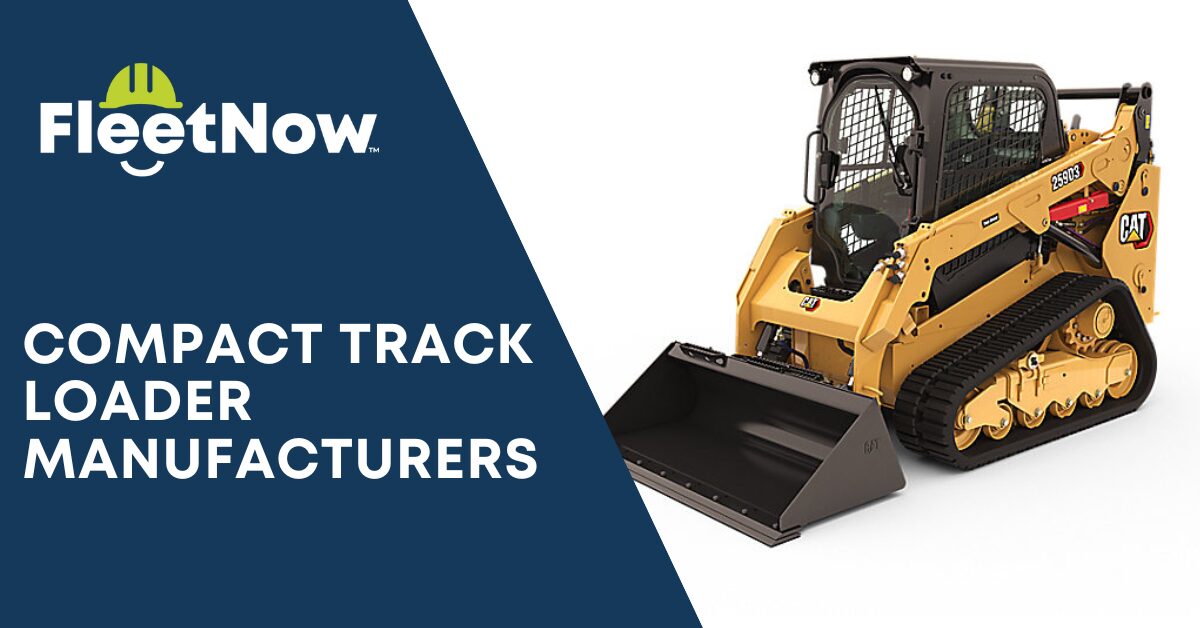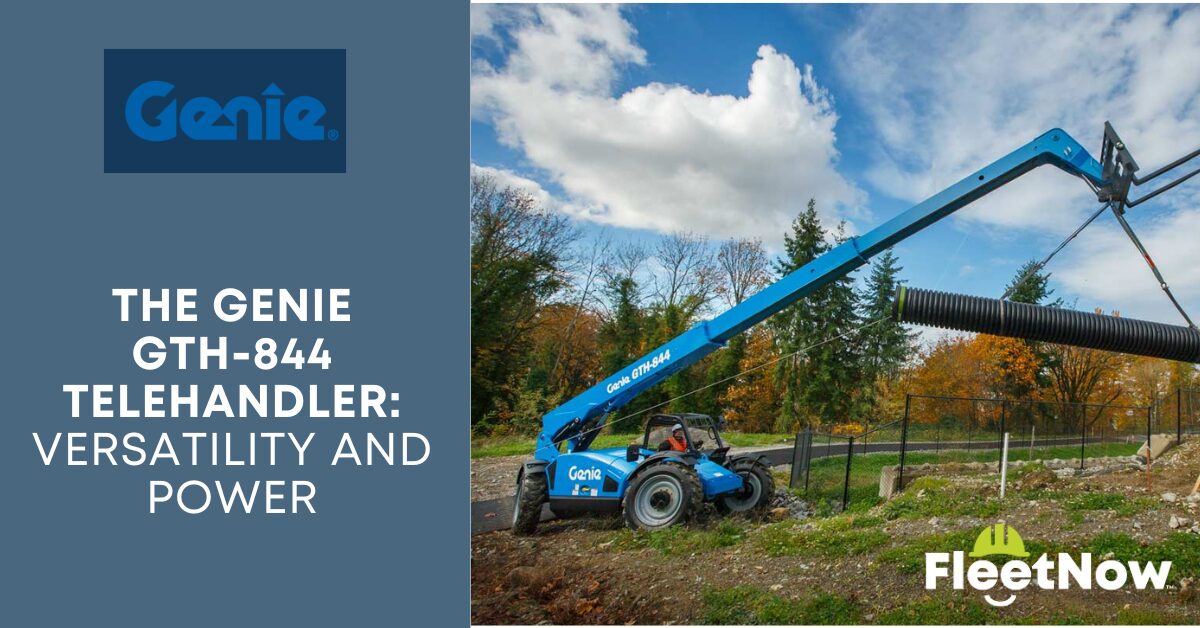Mini Excavator FAQs: Understanding the Basics
Mini excavators, also known as compact excavators, are versatile and powerful machines designed for digging, trenching, and demolition tasks in tight spaces where larger equipment can’t maneuver. These compact machines typically range from one to six tons and are favored for their ease of transport, fuel efficiency, and precision. Commonly used in landscaping, small-scale construction, and utility work, mini excavators offer features like 360-degree rotation, various attachments (e.g., buckets, augers, breakers), and advanced hydraulic systems. Their user-friendly controls and compact design make them ideal for both professional contractors and DIY enthusiasts tackling smaller projects.
What is a mini excavator?
A mini excavator is a small, versatile piece of construction equipment designed for digging, trenching, and demolition tasks in confined or hard-to-reach spaces. Typically weighing between one to six tons, mini excavators are prized for their ability to operate in areas where larger excavators cannot maneuver.
What are the key features of mini excavators?
Key features of a mini excavator include:
Compact Size: Allows for easy transport and operation in tight spaces.
360-Degree Rotation: The upper structure of the machine can rotate completely around its base, providing flexibility in digging and placing materials.
Hydraulic System: Powers various attachments and provides the force needed for digging and lifting.
Attachments: Mini excavators can be equipped with different tools such as buckets, augers, breakers, and grapples, making them adaptable for various tasks.
User-Friendly Controls: Designed for ease of use, even for operators with minimal experience.
What are the primary uses of mini excavators?
Mini excavators are primarily used for a variety of tasks in construction, landscaping, and utility work due to their versatility and compact size. They excel in digging and trenching for foundations, drainage systems, and utility lines, making them essential for small to medium-sized construction projects. In landscaping, mini excavators are ideal for tasks such as digging holes for trees and shrubs, creating garden features, and grading terrain. Utility companies use them for installing and repairing pipelines, cables, and underground utilities, thanks to their ability to operate in confined spaces with minimal disruption. Additionally, mini excavators are commonly employed in demolition work for breaking down small structures and concrete surfaces. Their capability to use multiple attachments like augers, breakers, and grapples further enhances their functionality across diverse applications.
What are the different types of mini excavators?
Mini excavators come in several types, each designed to meet specific needs and operational requirements. Here are the different types of mini excavators:
Standard Mini Excavators:
These are the most common type of mini excavators, typically ranging from 1 to 6 tons.They offer a good balance of power and versatility, suitable for a wide range of tasks including digging, trenching, and light demolition.
Zero Tail Swing Mini Excavators:
These mini excavators are designed with no overhang at the rear, allowing the machine to rotate within the width of its tracks. Ideal for working in confined spaces and urban areas where space is limited, as they minimize the risk of damage to nearby structures.
Reduced Tail Swing Mini Excavators:
Similar to zero tail swing models but with a slightly larger overhang. They offer a compromise between the compactness of zero tail swing models and the stability and lifting capacity of standard models.
Long Reach Mini Excavators:
These excavators have extended booms and arms to reach further distances. Suitable for tasks that require reaching over obstacles or working at greater depths, such as deep trenching or riverbank maintenance.
Mini Hydraulic Excavators:
Equipped with advanced hydraulic systems. Provide enhanced control and power for precision tasks, often used in applications requiring fine movements and detailed work.
Electric Mini Excavators:
Powered by electric motors instead of traditional internal combustion engines. Environmentally friendly and ideal for indoor or urban use where noise and emissions need to be minimized.
Compact Wheeled Excavators:
These mini excavators are mounted on wheels instead of tracks. Offer greater mobility on paved surfaces and can travel between job sites more quickly, suitable for urban and road maintenance projects.
What are the benefits of using mini excavators?
Mini excavators offer several key benefits:
Compact Size and Maneuverability: Ideal for operating in tight and confined spaces.
Versatility: Can be equipped with various attachments for multiple tasks.
Ease of Transport: Smaller size and lighter weight make them easy to transport.
Fuel Efficiency: Consume less fuel, reducing operating costs.
Reduced Ground Impact: Lighter weight causes less damage to the ground.
User-Friendly Controls: Intuitive controls make them easy to operate.
Cost-Effective: Lower purchase and maintenance costs compared to larger excavators.
Precision and Efficiency: Advanced hydraulics allow for precise and efficient operation.
How do I operate a mini excavator safely?
Operating a mini excavator safely involves several essential steps. First, read the operator’s manual to familiarize yourself with the controls, safety features, and operating procedures. Conduct a pre-operation inspection, checking for visible damage, fluid levels, and wear on attachments and hydraulic systems. Wear appropriate personal protective equipment (PPE), such as a hard hat, safety glasses, gloves, high-visibility clothing, and steel-toed boots. Enter and exit the machine safely, using the steps and handholds while maintaining three points of contact. Before starting, spend time learning the controls thoroughly. Secure the work area with barriers or warning signs to keep bystanders away. Always check for underground utilities to avoid hidden hazards. Operate the machine at a safe speed, avoiding sudden movements to maintain stability. By following these guidelines, you can ensure a safe and efficient operation of a mini excavator.
Here is a video detailing mini excavator training and safety:
What maintenance is required for mini excavators?
Maintenance for mini excavators includes regular inspections and servicing of the engine, hydraulic systems, and attachments. This involves checking and replacing fluids such as engine oil, hydraulic oil, and coolant, as well as inspecting and cleaning filters. Additionally, routine checks on tracks, undercarriage components, and electrical systems ensure optimal performance and longevity of the machine.
How do I transport a mini excavator to and from job sites?
To transport a forklift to and from job sites, use a flatbed trailer or specialized forklift trailer and secure the forklift with heavy-duty straps or chains. Perform a thorough inspection of the forklift before loading to ensure it’s in good condition. Use ramps or loading docks to safely load and unload the forklift onto and off the trailer, driving cautiously during this process.


